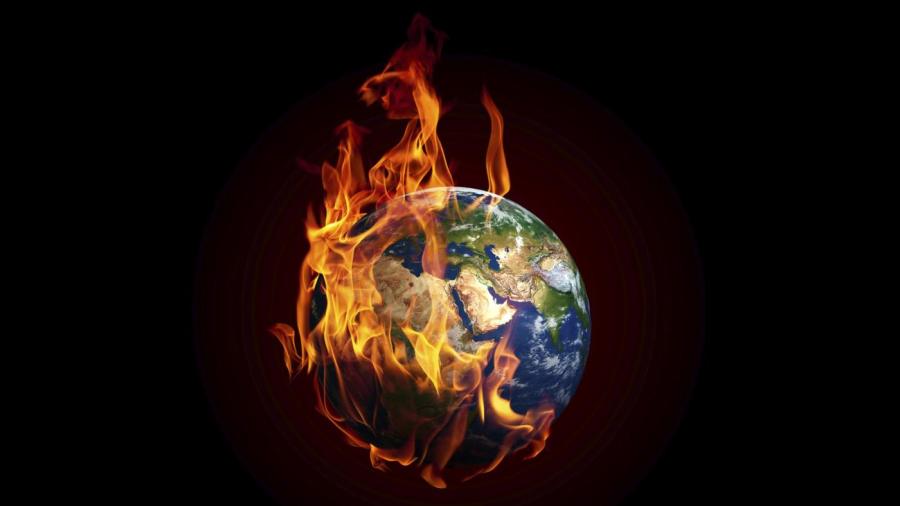Why Was WWI Called the “war to End All Wars”?

After it was over, World War I was called “the war to end all wars” because it was so destructive that the nations of the world wanted to prevent such slaughter from ever happening again. This prompted prolonged negotiations over proposed solutions like the League of Nations. Unfortunately, rather than end war, the harsh terms of the Treaty of Versailles in 1919 set the stage for World War II.
When World War I began, many participating nations were optimistic that it would be over in a matter of months. Instead, nation after nation was dragged into a bloody conflict that lasted four years. About 10 million people were killed and 30 million injured during the war. Most European economies were bankrupted, and European powers lost most of their international colonies in the wake of the war. Socialism overwhelmed the monarchy in Russia. Such horrors as trench warfare and poison gas appeared for the first time. In some European countries, an entire generation was lost to the conflict.
The Treaty of Versailles, drafted mainly by the Big Four of the United States, England, France and Italy, sought to limit Germany’s capacity to build its military. The most controversial topic involved Germany’s war reparations, a punitive debt that the most devastated nations insisted that Germany pay. The ruinous terms of the treaty almost destroyed Germany’s economy and led to the rise of the Nazi Party in the 1930s.





